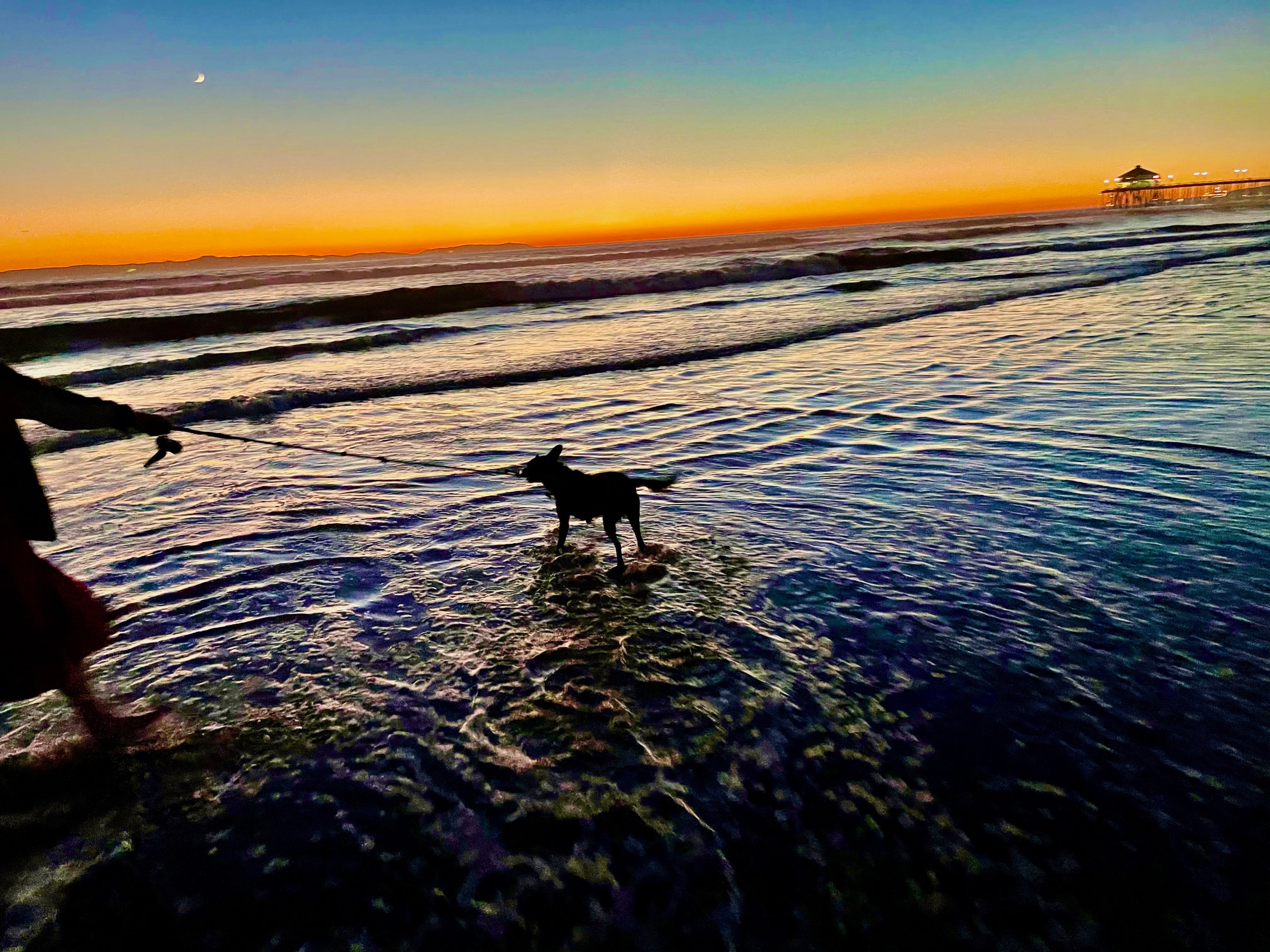
(Note: A version of this article appeared in It’s Not Just You, a new newsletter by Susanna Schrobsdorff, TIME Editor at Large. Subscribe here to have It’s Not Just You delivered to your inbox weekly.)
YOUR POST-PANDEMIC BUCKET LIST
Oh, the things we’ll do when the vaccines are distributed and the pandemic is over! Don’t we all have a post-COVID bucket list? The people we’ll see, the places we’ll go, and all the once ordinary, now forbidden adventures we’ll have.
We can start with that long and growing list of people and events we’ve been waiting to celebrate properly. I keep thinking about all those bits of joy we’ve smuggled out of this crisis. The babies who slipped into the world amid all the static and fear, like messengers of future grace. (Some will be toddlers by the time they get to meet everyone who loves them.) The couples who ditched plush wedding venues, getting married on rooftops or in backyards with only a life raft of loved ones. The teenagers who found their rites of passage muted— quinceañeras, sweet sixteens, bar mitzvahs, proms and graduations—forcing them to learn some lessons way too early.
By all rights, there should be a huge storehouse of physical affection waiting for us.
Will the most touch-starved among us get to collect on a year’s worth of missed embraces? A palm on your cheek in pride or acknowledgment of pain; the sweet peace of resting your head on the right shoulder. And there’s the flirty whisper in your ear while you’re standing at a bar; dancing in sweaty venues that crush everyone together into a single shimmering mass; maybe the terrifying thrill of merging bodies that don’t know each other yet.
Most precious is the chance to grieve in person—bodies and hearts in silent solidarity. What a relief to be able to answer the question “How are you?” without words—to let tears fall openly, wildly, in a group—communion, not contagion.
Such gifts are just across the precarious bridge that stretches over a COVID winter. But according to CDC projections, tens of thousands of people won’t make it across that bridge. There’s more sorrow, more loss, more trauma between here and the there we’ve been waiting for.
Our bodies know this. Our shoulders are sore from tensing for so long waiting for “normal” to arrive like a summer that’s always six months away, no matter when you look at the calendar. This claustrophobic Bardo between Before and After feels endless.
So we do what humans do: we project our happiness onto an imagined future date—that next summer where all of our hopes for normal are stored. Can any moment bear the weight of such expectations?
If you’re oldish, you know there’s no florescent line between joy and despair; fulfillment and disappointment, fear and security; between the ache of now and the ache for the next thing. They only make sense in conjunction, in correlation with one another.
I didn’t fully grasp what it meant to be alive till I saw the life force leave a person I loved. When someone dies, the air changes. You feel the absence, the goneness of an electrical current you didn’t realize was there.
But along with the emptiness, there’s awe. Awe that we are able to just keep going despite it all. Awe that a nurse has just appeared and is laying a heated blanket over your shoulders, a cloak of protection when you thought you were alone. Awe at the transformative heat of a shower after days of self-destructive lethargy. And awe at the infusion of energy from a wild-haired toddler who bursts into your self-pitying reverie, insisting you stop waiting for summer and sit down on the floor and play right now.
Maybe the trick is not to designate these next few months as the waiting room for the rest of our lives. Maybe we need to narrow our gaze to whatever bit of light is right in front of us right now—this moment which is all we know we have for sure. 💌
🌞 Below you’ll find even more good stuff, like a Taraji P. Henson TIME100 Talks interview about vulnerability, gorgeous words from poet Ross Gay, plus a callout for your personal Person of the Year.
COPING KIT ⛱️
🎙For this moment, I really like The One You Feed podcast hosted by Eric Zimmer which is full of practical wisdom on everything from managing anxiety to behavior change. Check out this episode with BJ Fogg, director of research at the Stanford University Behavior Design Lab and author of Tiny Habits: The Small Changes that Change Everything. Fogg talks about how to take your aspirations and break them down into tiny behaviors and promises that there’s a way to change habits with joy rather than self-flagellation.
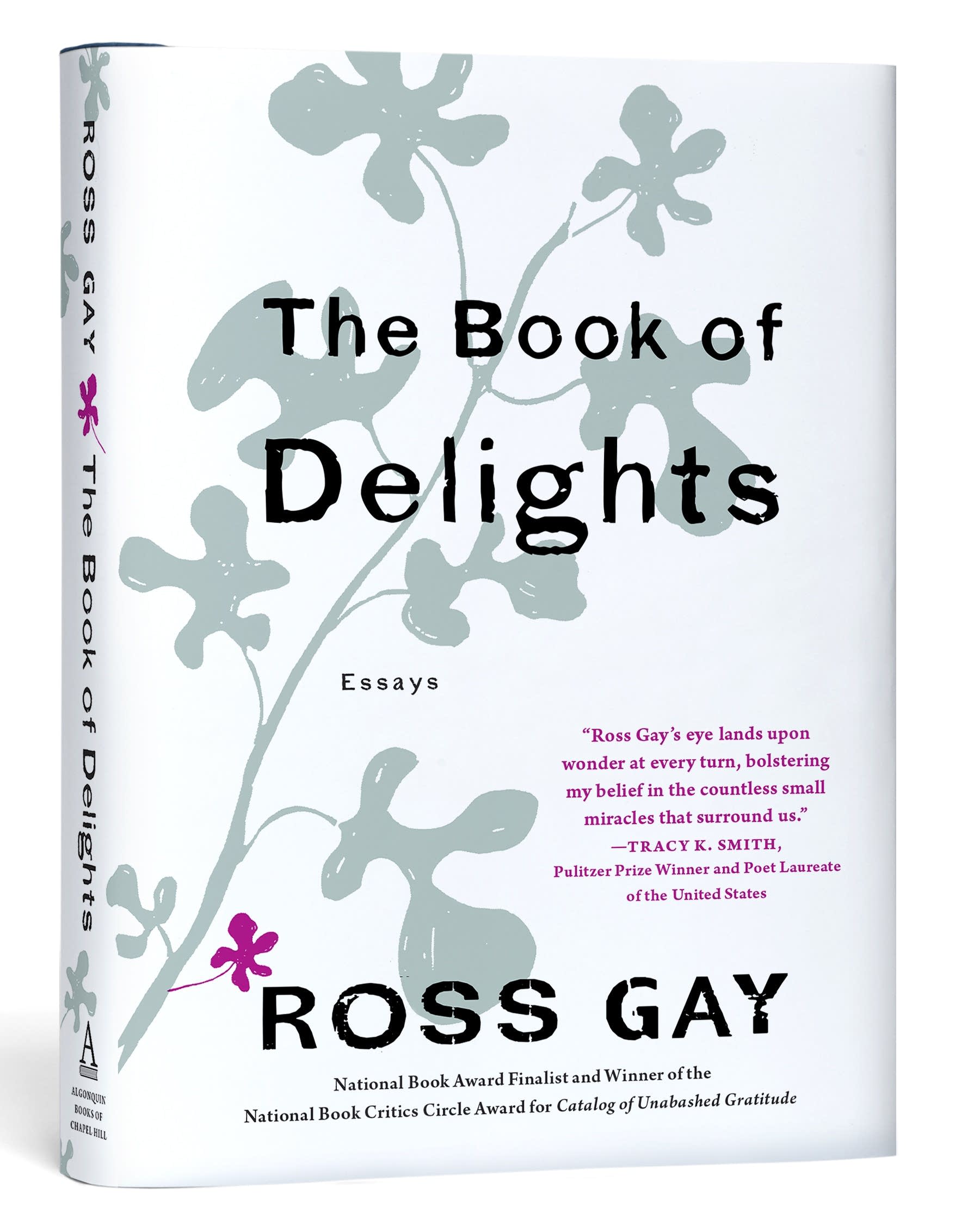
🌓 The Book of Delights Poet Ross Gay wrote short essays every day for a year about things that delighted him. It’s like a gratitude list, but with less guilt. Though, as he points out more delight doesn’t mean a life without sorrow or fear or pain or loss. The Book of Delight’s mini-stories, just a page or two each, are perfect for this tense and distracting moment–beautiful, small bites you can consume when you need some sustenance for the soul.
A hummingbird hovering close enough to fill my left ear with wind. A very sweet hello from the woman stocking shelves, rubbing her eye with her fist and smiling. A hard-but-loving workout. A nap as a light rain came down, swaying the blinds. An early evening cup of good coffee. The hiding moon lighting up a cataract of clouds.
–Ross Gay, The Book of Delights
New to It’s Not Just You? SUBSCRIBE HERE

TIME100 Talks: Mental Health 🚩
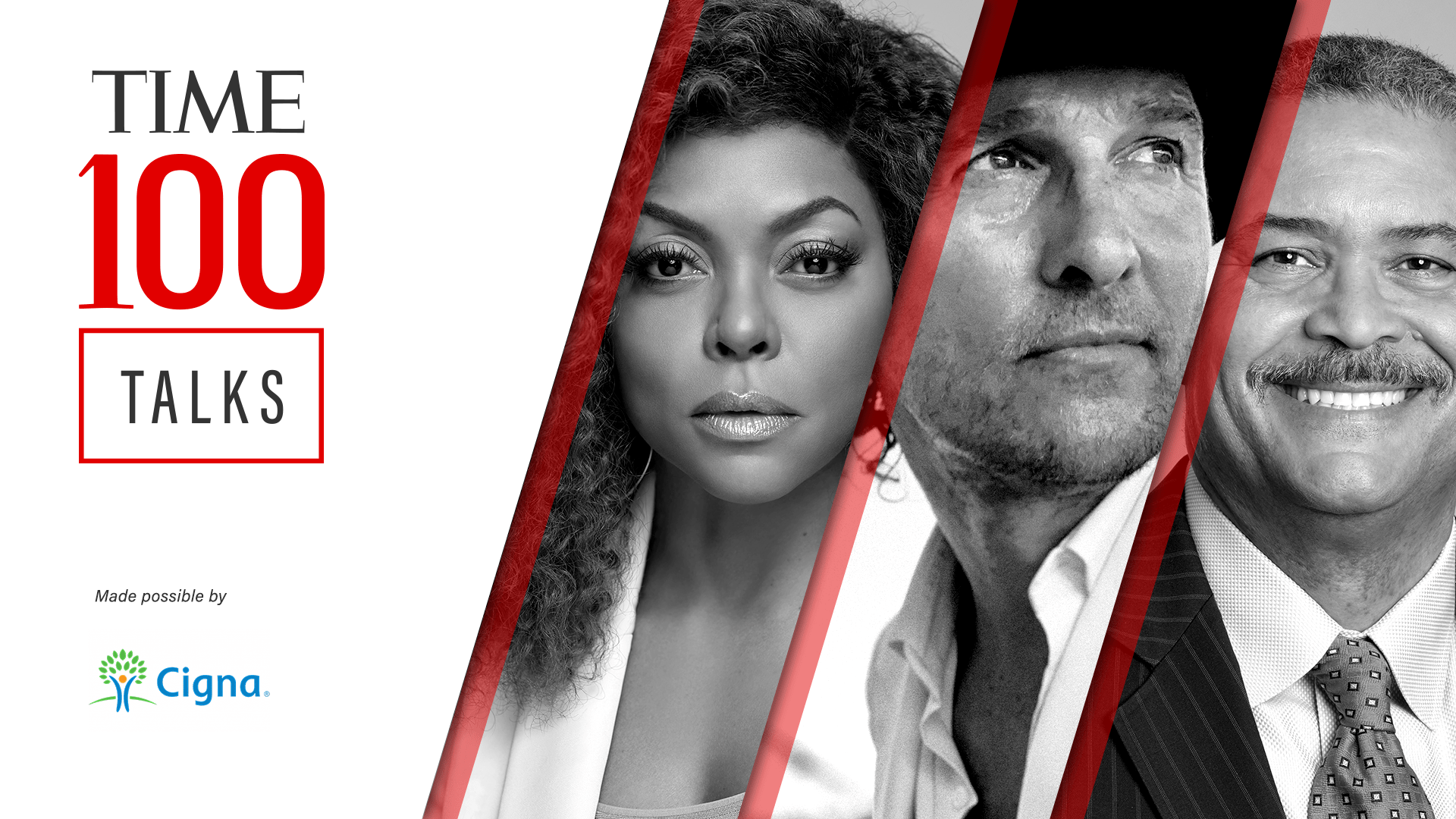
Taraji P. Henson: ‘Humans, We Need Each Other’
Hollywood powerhouse Taraji P. Henson and Tracie Jenkins, a producer, artist, and wellness advocate joined TIME’s Raisa Bruner for a TIME100 Talk about their work to promote mental health care access and reduce stigma around therapy, particularly in the Black community. The pandemic has brought this acute need to the fore for this pair both personally and in the work of their foundation. They’ve teamed up on a Facebook Watch show, Peace of Mind, to share candid conversations about mental health. Watch the full interview here.
And check out TIME’s conversation with Daniel H. Gillison, Jr., CEO of the National Alliance on Mental Illness here. Gillison discussed parity in mental health care and the introduction in 2022 of a new national three-digit number as an alternative to 911 for mental health emergencies and suicide prevention. “Once fully implemented, 988 will save lives and is a critical component to ensuring people in crisis are diverted from involvement in the criminal justice system and connected to appropriate services and supports,” says Gillison.
—This TIME100 Talk was made possible by Cigna.
A Message From Cigna
We believe we have a responsibility as well as an opportunity to amplify the conversation and broaden services and resources available to promote resilience and help people bounce back better from challenges.
. —David Cordani, President and CEO, Cigna
Watch Deborah Roberts’ full interview with David Cordani about Cigna’s Resilience Index and more.
Who’s YOUR Person of the Year? ❤️
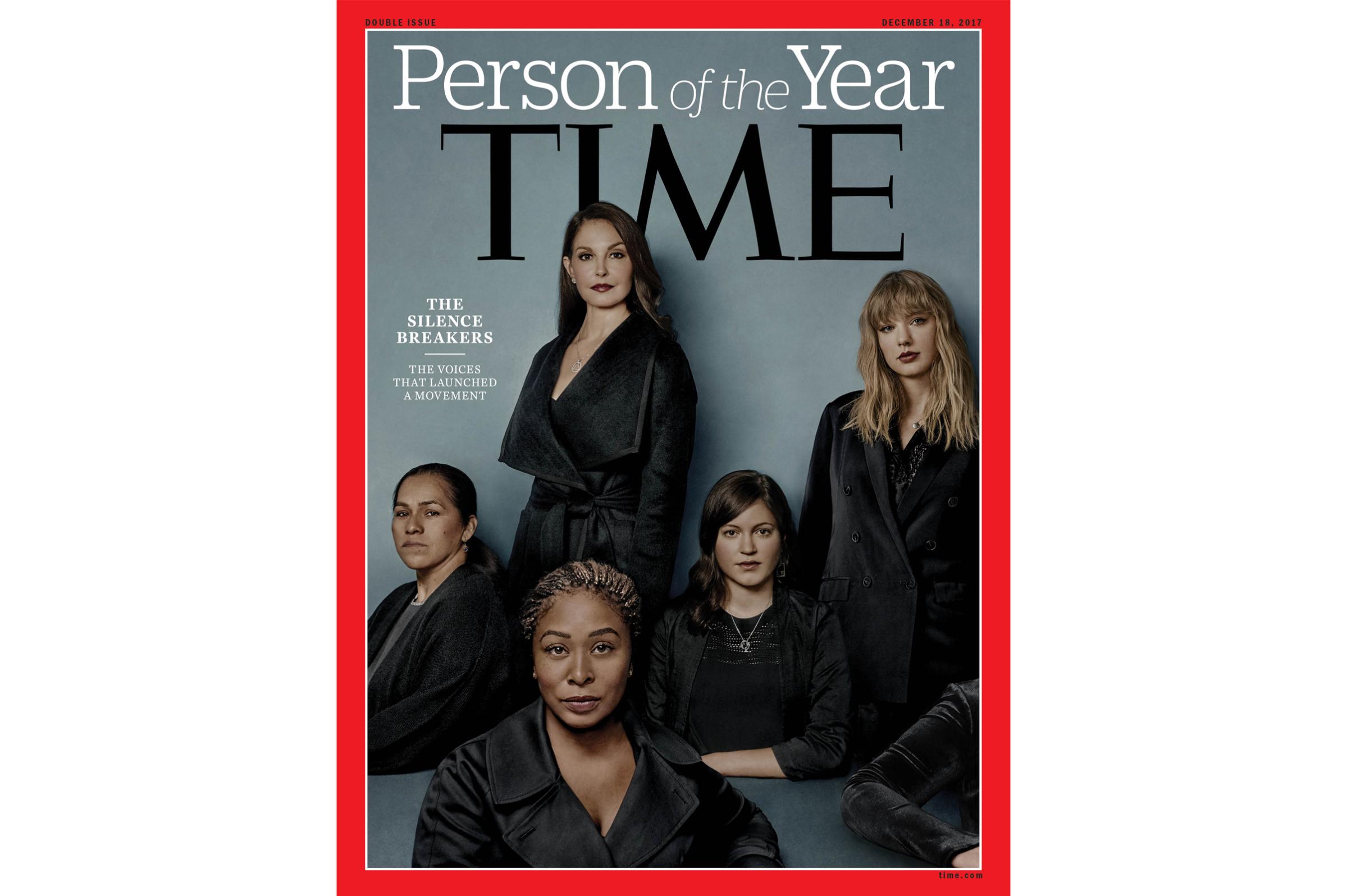
On December 10th, TIME’s editors will reveal their choice for this year’s TIME Person of the Year. And given what a hard 12 months it’s been, I’d love to hear about your personal Person of the Year.
Send a note about who mattered most to you in 2020 (and why) to: Susanna@time.com
EVIDENCE OF HUMAN KINDNESS 🤝
Here’s a small reminder of why building a network of support and person-to-person connection elevates everyone. This story is courtesy of Shelly Tygielski, founder of Pandemic of Love, a mutual aid community that matches those who want to give or volunteer directly with those who’ve asked for help with essential needs.
Kalia and Judith
Thousands of families are lining up at food banks in cities across the country each week, and for many finding optimism in this holiday season isn’t easy. “It’s hard when your kids are hungry,” says Kalia, a single mom to two young boys in St. Louis, Missouri, who filled out a form on PandemicofLove.com requesting help with groceries and essentials. She had been furloughed in June and as of this writing, has not been rehired at the factory where she was has worked for over 11 years. Kalia has worked through all of her savings, and now, and a woman who used to volunteer at her local church’s food bank, found herself turning to the kindness of strangers and organizations to simply get by.
In September, Kalia received a phone call from Judith, a single mother in Kansas City, who was matched with her by Pandemic of Love. On her donor form, Judith wrote that she was happy to pay for weekly groceries, and asked to be matched with a single mom, adding:
I know what it is like to struggle, and I never want another family to go through what I had to go through in my darkest moments.
The two women have become close, and Judith has been sending Kalia enough each Friday to stock up on groceries for the week ahead. Kalia says, “Of course I appreciate Judith’s help with our groceries, it is one less stressor for me, and I don’t have to spend hours in line each week at the food bank,” but she adds that it’s far more than that:
What I appreciate the most about [Judith] is how she listens to me and how I feel like I can get things off of my chest. I have no one to vent to, and she helps me reduce my anxiety in more than just a financial way.
Judith recalls the months after her husband passed in a car accident when her children were toddlers. She struggled to keep a roof over their heads and provide three square meals a day: “I didn’t want to be rich, I didn’t want to not have to work hard to provide for my children; all I wanted was the basics, all I wanted was enough.” Now that she has financial stability and “more than enough,” she helps women like Kalia weekly by making sure they have enough.
In a time when families are experiencing food insecurity, enough is a feast. —Pandemic of Love
COMFORT CAT 🐈
Our weekly moment to acknowledge the creatures that help us make it through the storm.
🌟Belly the legendarily comforting cat shared by Donna of St. Petersburg, Florida
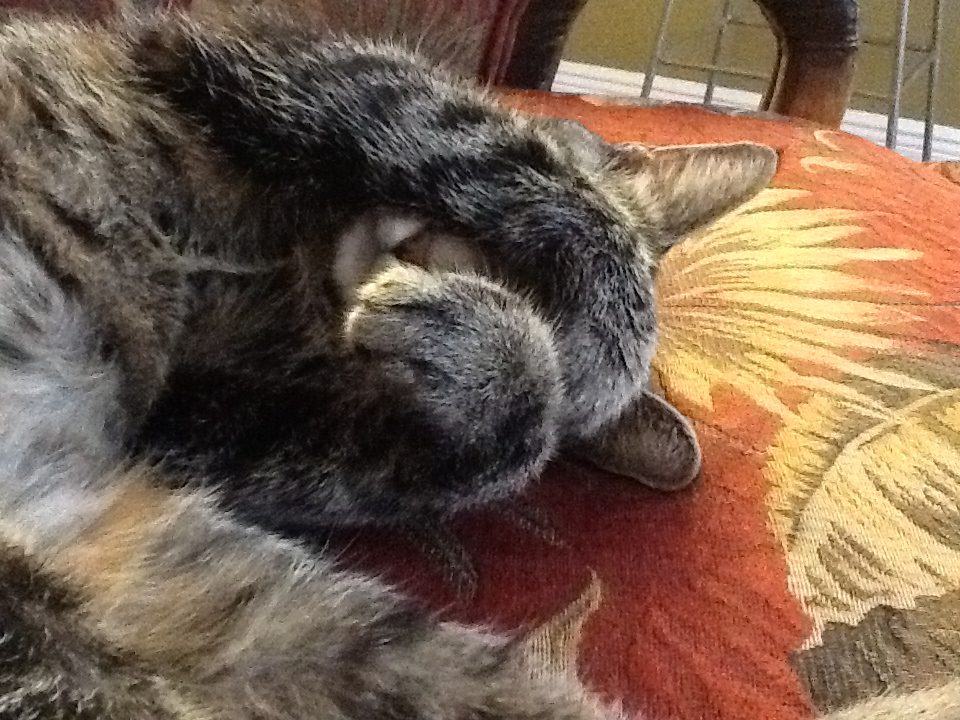
🎈Send questions, requests, or your comfort animal pix to me at Susanna@time.com, invite a friend to subscribe.
💌 SHARE this edition of It’s Not Just You on social here.
🌺 Did someone forward you this newsletter? SUBSCRIBE to It’s Not Just You here.
More Must-Reads From TIME
- What Student Photojournalists Saw at the Campus Protests
- How Far Trump Would Go
- Why Maternity Care Is Underpaid
- Saving Seconds Is Better Than Hours
- Welcome to the Golden Age of Ryan Gosling
- Scientists Are Finding Out Just How Toxic Your Stuff Is
- The 100 Most Influential People of 2024
- Want Weekly Recs on What to Watch, Read, and More? Sign Up for Worth Your Time
Contact us at letters@time.com